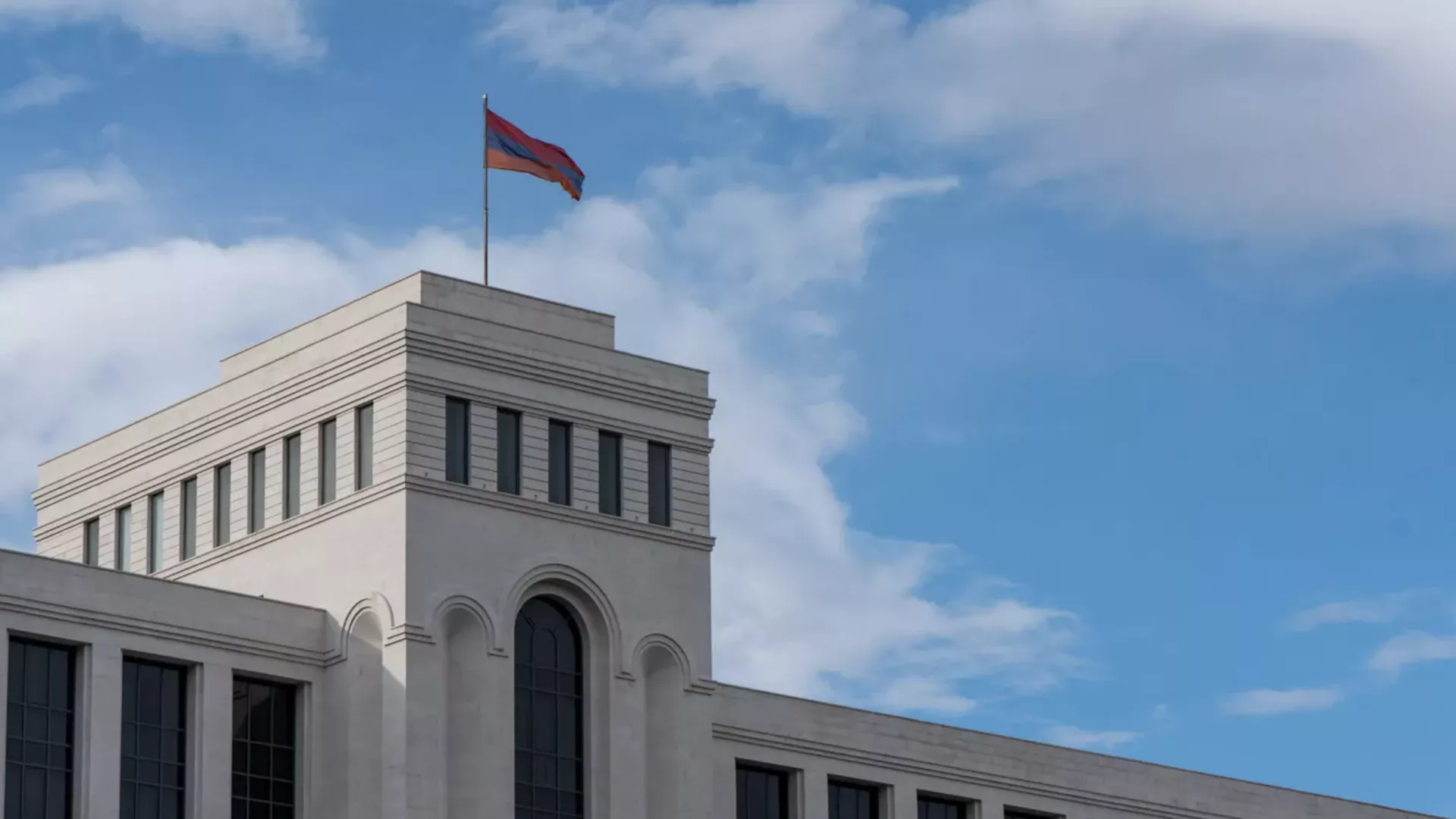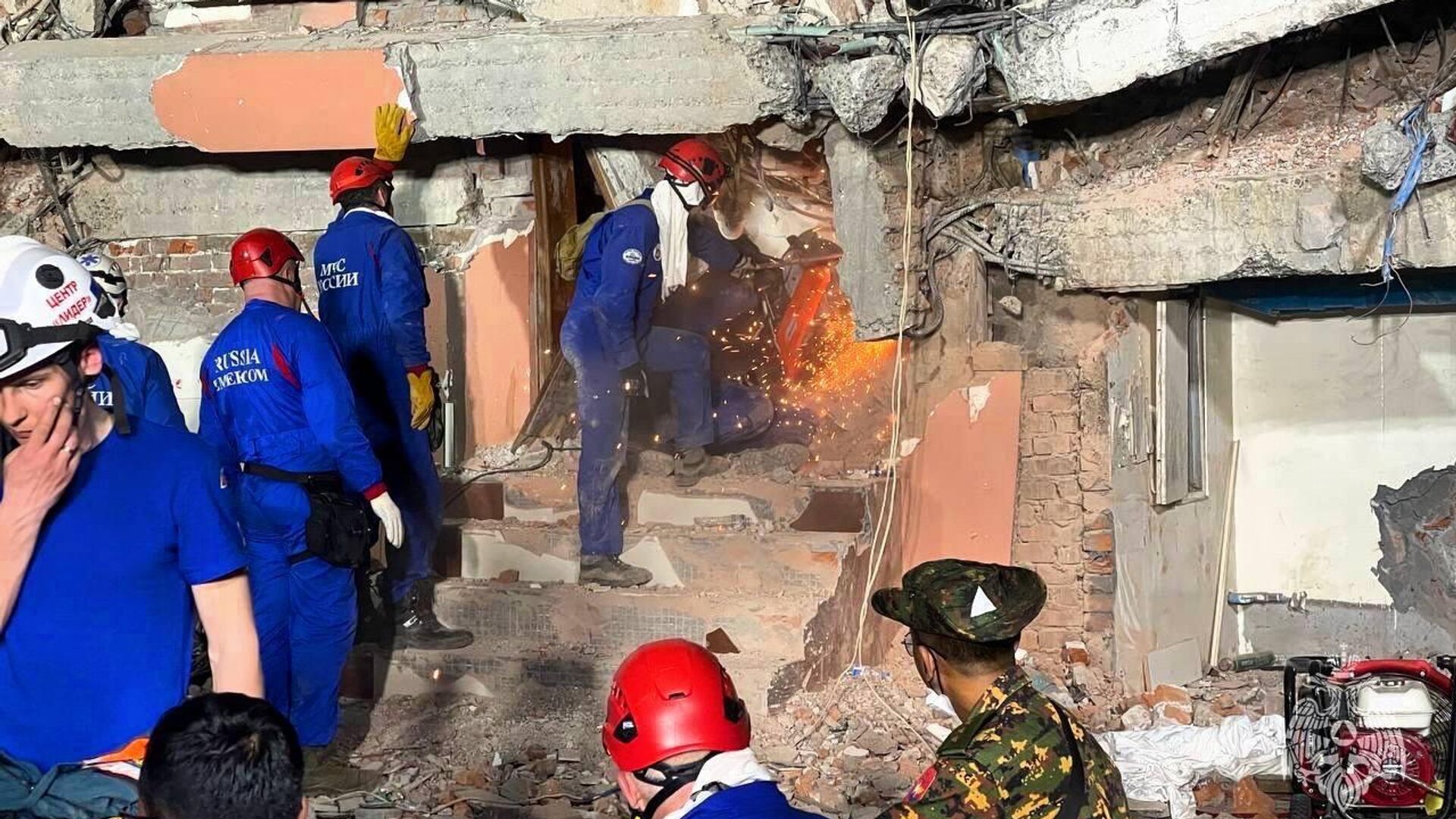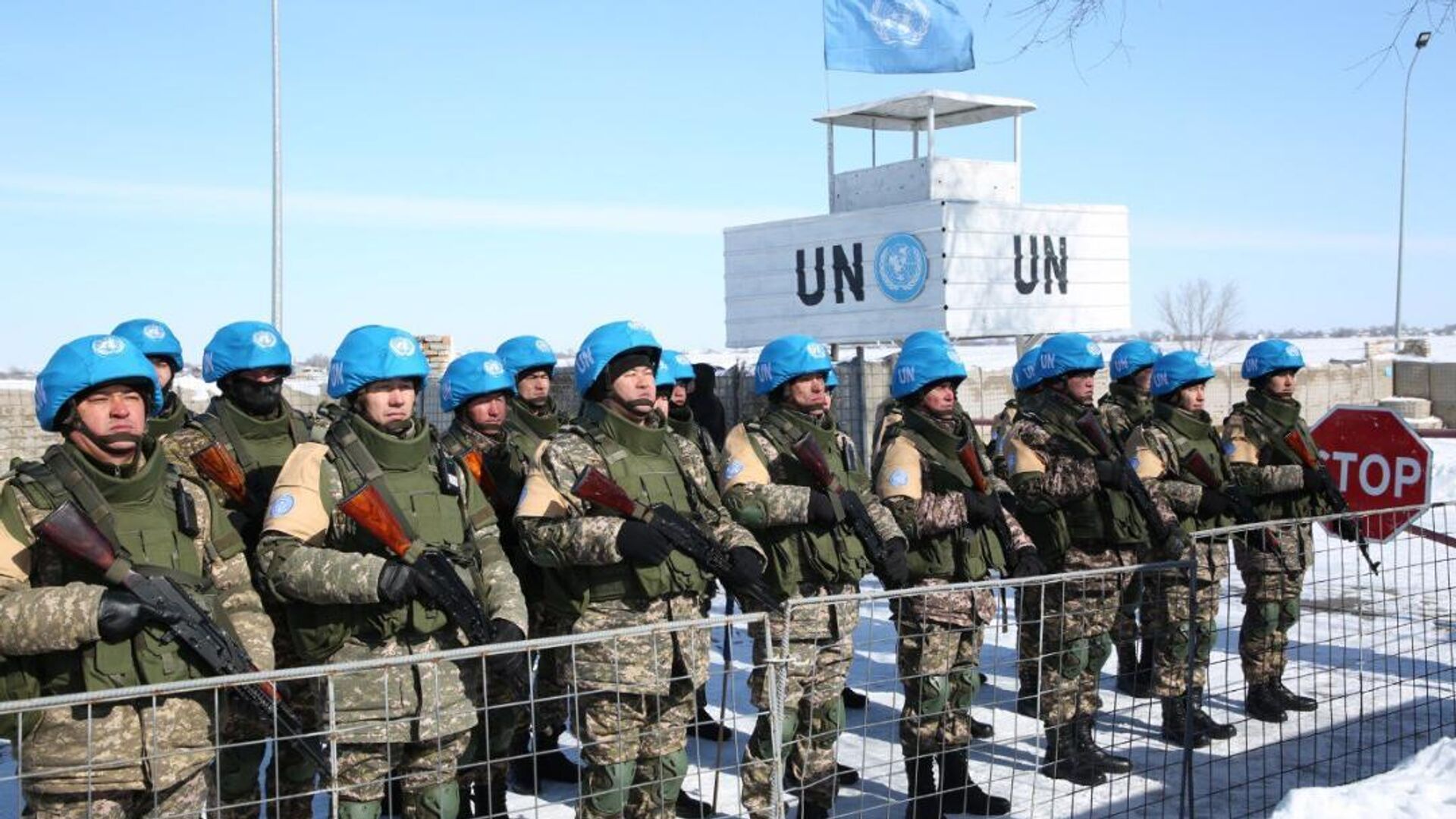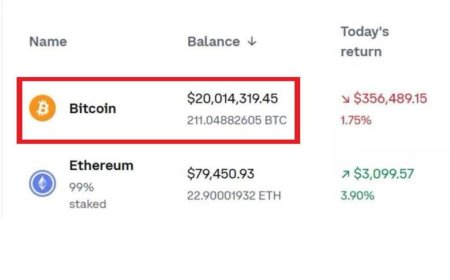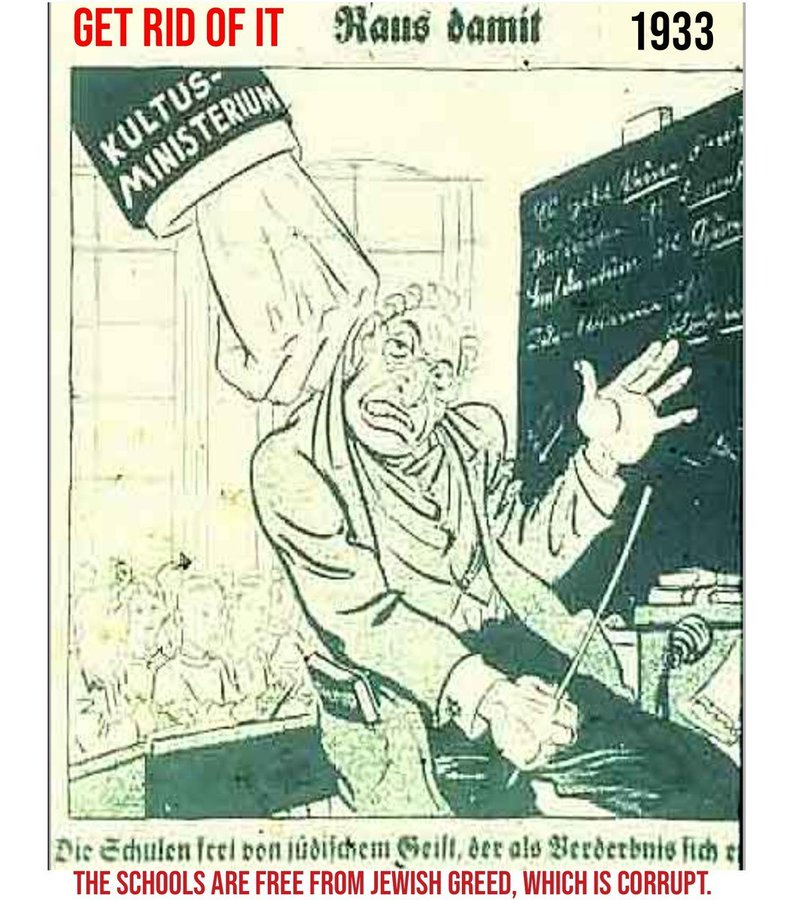South Korea Rejects President’s Attempt to Impose Martial Law
South Korea’s parliament voted against President Yoon Suk Yeol’s martial law declaration. The president withdrew the order, but the political crisis deepens as the opposition threatens impeachment proceedings.
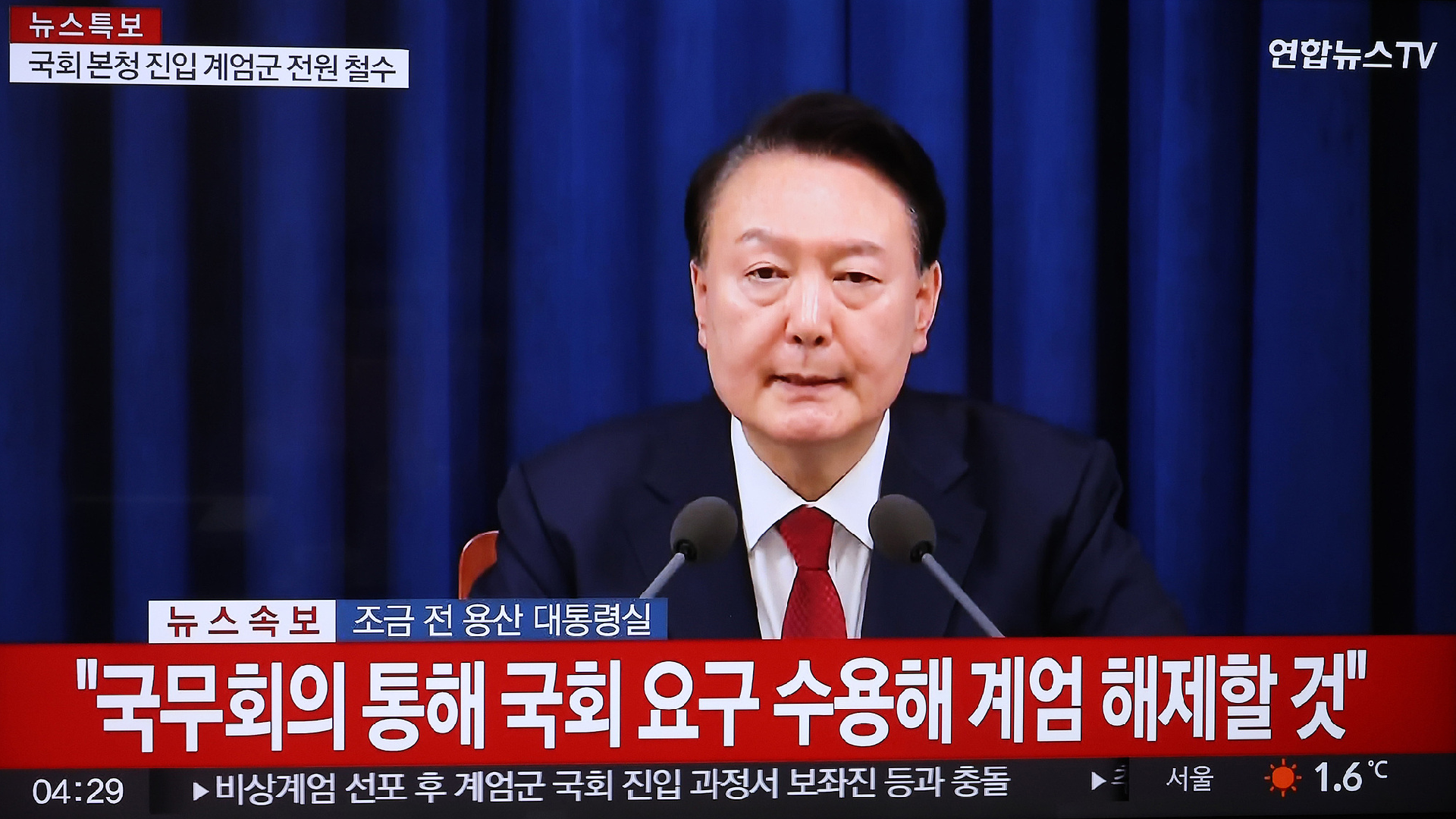
A Failed Attempt at Authoritarian Rule
President Yoon Suk Yeol’s decision to impose martial law sparked widespread backlash from both opposition and members of his own party. Yoon justified the move as necessary to stabilize the nation, but lawmakers rejected it, citing threats to democracy.
Faced with mounting pressure, Yoon withdrew the declaration, and military forces returned to their barracks. “The National Assembly demanded the revocation of the emergency measures, and we complied,” the president stated.
However, the crisis escalated further. The presidential staff resigned en masse, and the opposition now demands that Yoon follow suit.
Political Fallout
Yoon is now politically isolated. Even the ruling People Power Party, of which Yoon is a member, condemned his actions.
The opposition Democratic Party, which holds a parliamentary majority, announced plans to initiate impeachment proceedings if Yoon does not step down. Public support for the president has plummeted, casting doubt on his political survival.
Threat to Democracy
Analysts view Yoon’s actions as an attempt to consolidate authoritarian power under the guise of emergency measures. While Yoon claimed to act in the national interest, his move has tested South Korea’s democratic institutions.
The editorial board is not responsible for the content and accuracy of material taken, sent or obtained from other sources. The publication of such materials is for informational purposes only and does not imply automatic endorsement or approval of their content.

